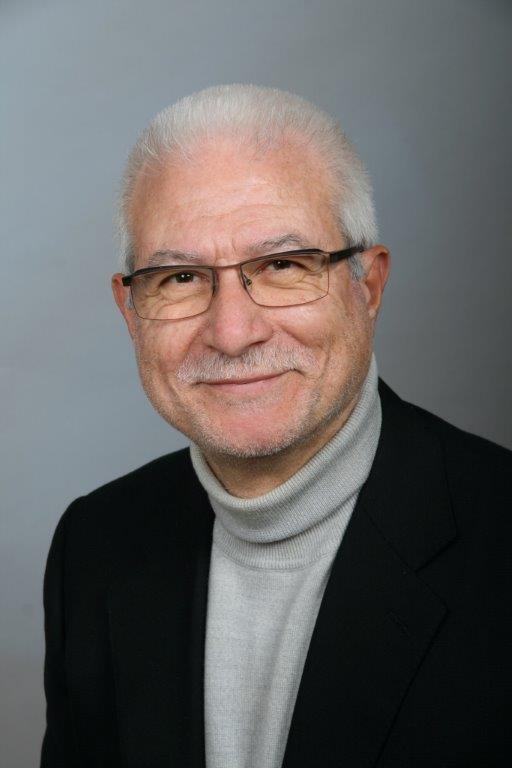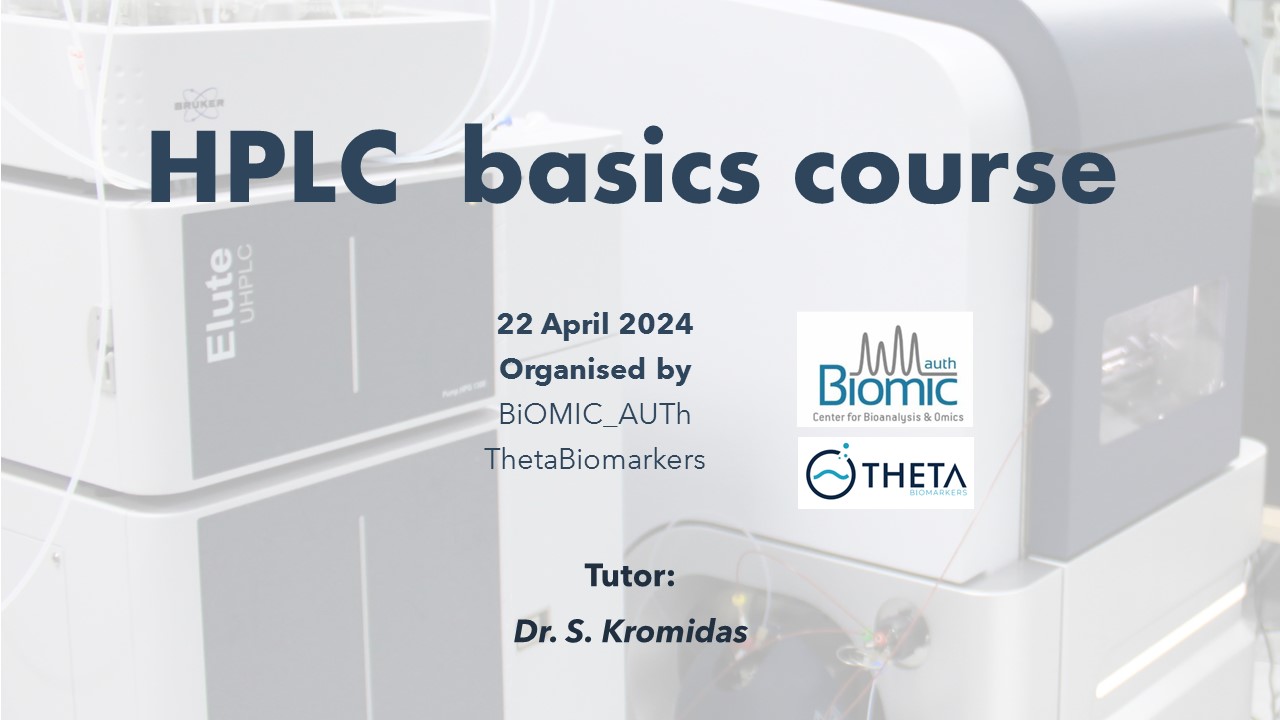22 April 2024, 09:00-17:00
Balkan Center – Building B, Β.0.1.4

Training overview
The course has the following targets:
- First of all it is suitable for beginners in HPLC.
- Secondly, HPLC-users having worked an HPLC in routine, can get useful knowledge for understanding the theory of their work.
- This interactive training includes selected exercises and tutorials to ensure the best transfer of basic knowledge of HPLC.
- A further topic is to recognise whether validated methods are robust. The participants learn to detect and understand simple variances and are able to derive the right action.
Training content
- The principle and the target of HPLC – qualitative and quantitative
- Influence of column length, flow, column packing, mobile phase, temperature etc. on the chromatogram
- RP-chromatography, principle and legalities
- What does: “Supersil”, ODS II 100, 5, 125 x 4,6 mean?
- The HPLC-apparatus – what do the single devices effect?
- “Simple” but important hand grips like “how to flush and store the column?” or “does the ghost peak come from the sample, the eluent or the needle?“
- Troubleshooting on the basis of typical symptoms
- What is “tabu” managing a HPLC-system and which actions have to be considered?
- Tutorials and exercises concerning deviations in the practical experience compared to the theoretical forecast
- Methods which are validated, long term used but not robust: A critical glance on the method description
Target audience
- Beginners and HPLC-users with little knowledge
Training objectives
- With the help of the learned aspects concerning HPLC, the participants can carry out HPLC-seperations systematically and competently
About the tutor
Dr Stavros Kromidas studied biology and chemistry at the University of Saarbrücken, Germany, where he obtained his Ph.D. degree on the development of new chiral stationary phases for HPLC. After working for Waters GmbH for five years, he founded NOVIA GmbH, a provider of professional training and consulting in analytical chemistry. He has performed several hundreds of training courses around the globe and is widely regarded as a world expert on training on HPLC. This is his first course in his motherland Greece. More information on the tutor here.

